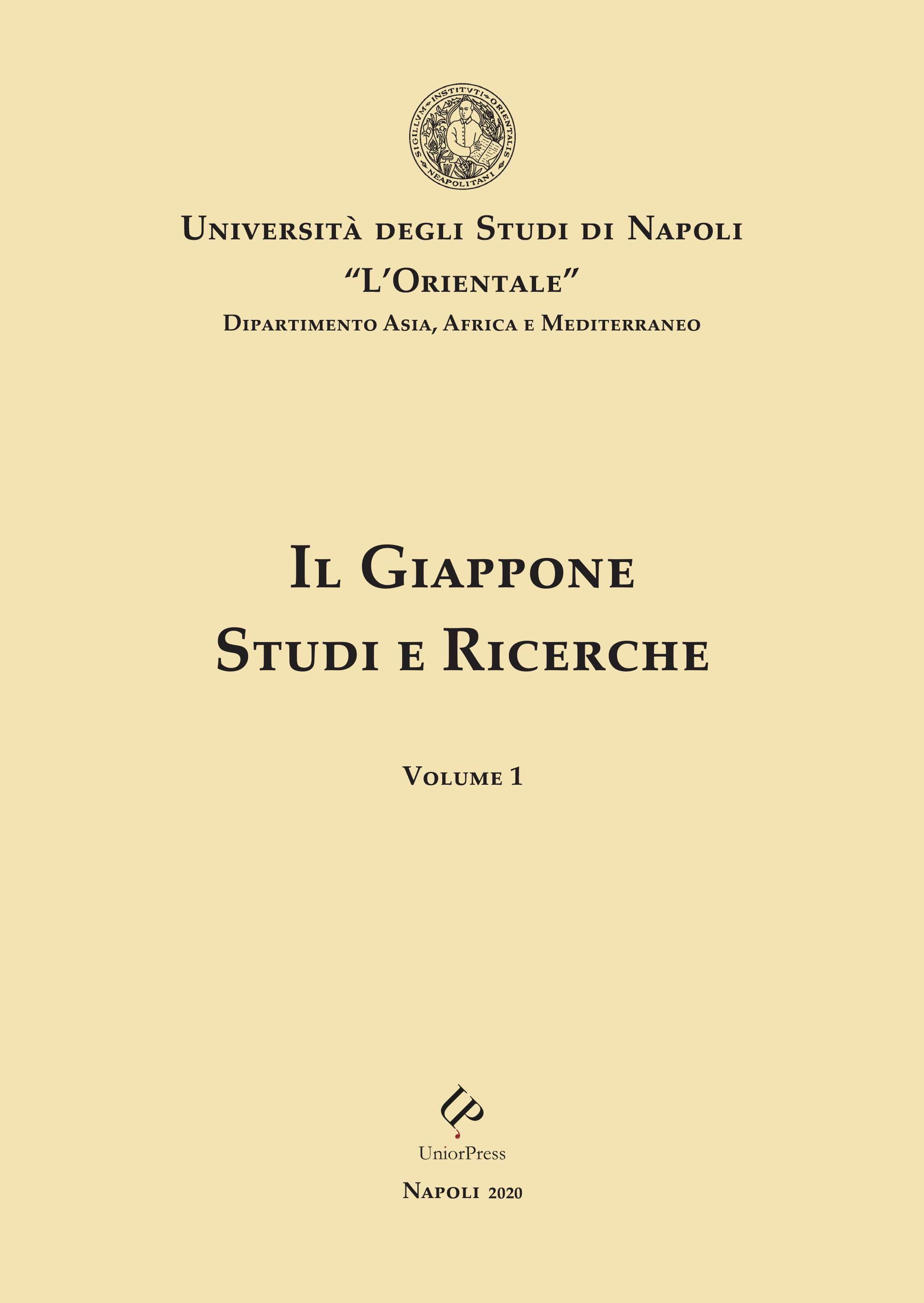Il dibattito sulla sicurezza onnicomprensiva e il problema della dipendenza alimentare in Giappone negli anni Settanta e Ottanta
Abstract
The term “comprehensive security (sōgō anzen hoshō 総合安全保障)” was first created in Japan after the early 1970s international crises (oil, food, monetary and diplomatic). The new concept widened the traditional scope of the concept of “security”, embracing those economic aspects, such as the scarcity of raw materials, that were considered capable of threatening national security. Food security was a central element of the comprehensive security strategy. Since the early postwar years, Japan was heavily dependent on food imports from the United States. The food crisis of the 1970s with the consequent American embargo on soybeans revealed Japan's vulnerability to interruptions in food supplies and raised questions about the US as a reliable supplier. The present work provides a critical analysis of the development of the concept of “food security” in Japan, within the broader debate on comprehensive security in the 1970s and 1980s. In particular, through the analysis of political and academic documents, the article investigates the impact of the American soybean embargo on this debate, in order to understand how “food dependence” began to be perceived as a threat to national security and how this perception influenced not only Japan’s food policies but also its international relations.

